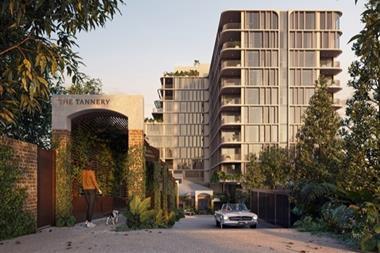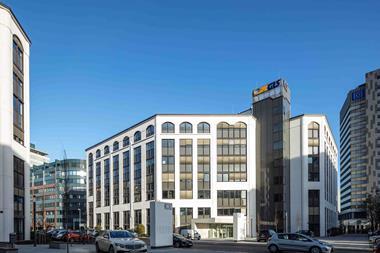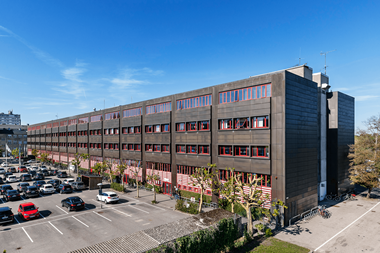Fund managers intend to increase their allocation to Asian REIT markets over the next three years, according to an Asia Pacific Real Estate Association (APREA) survey.
APREA found a bias towards Australia, Singapore, Japan and Hong Kong. Singapore was regarded as the regulatory regime most conducive for REITs with a 64% vote, based on a survey of around 100 real estate professionals. Australia was next, followed by Japan and Hong Kong.
Taiwan and South Korea, however, carry a heightened level of uncertainty surrounding their regulatory regimes, and reflecting their relative recent introduction, APREA said.
At 7.1%, Australia-listed REITs had the highest estimated earnings yield as of December 2013, APREA said, citing UBS and Atchison Consultants data. Singapore ranked second at 5.8% and Hong Kong third with 4.5%. The figures compare with 2.1% in the UK, 6.1% in Continental Europe and 5.2% in the US.
APREA said that, unlike more established REIT markets, Asian REITs are less likely to borrow due to strong regulatory restrictions. Aggregate gearing levels across Asian REIT markets are below 35% compared with 55% for US REITs. The adoption of valuation methodologies by Asian REITs is, APREA added, bringing Asia Pacific markets closer, encouraging cross-border investment and more efficient pricing of real estate.
“As legislation varies across Asia, resulting in diverse development of REIT markets, policy makers are now increasingly interested in adopting best practice rules to further develop the asset class in countries that already have an active market,” the report said.
As of the end of 2013, Asian REITs produced yield premiums above government bonds, with dividend yields ranging between 2% and 6.1%. Risk-free rates – represented by 10-year government bond yields – ranged between 0.7% and 4.6%, according to the report.















